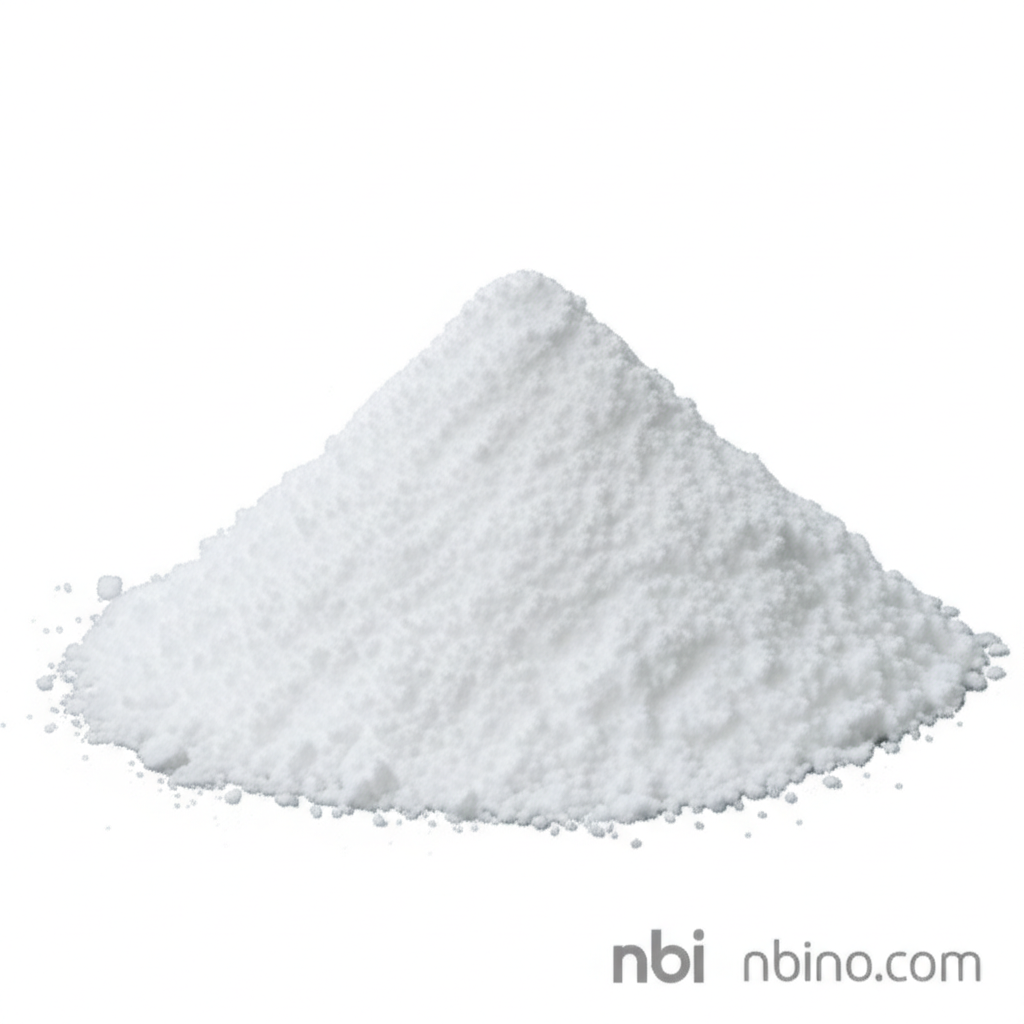Aluminum Dihydrogen Phosphate: Essential Properties for High-Temperature Applications
Discover the versatile uses of Aluminum Dihydrogen Phosphate, a key material for demanding industrial environments.
Get a Quote & SampleProduct Core Value

Aluminum Dihydrogen Phosphate
Aluminum Dihydrogen Phosphate (ADP) is a crucial inorganic synthetic material that offers exceptional performance in high-temperature and demanding industrial applications. Available in both solid white powder and liquid forms, ADP is highly soluble in water and possesses remarkable properties that make it indispensable across various sectors.
- Leverage the unique properties of aluminum dihydrogen phosphate binder for refractories to enhance material stability and longevity in extreme heat environments.
- Explore the diverse uses of aluminum dihydrogen phosphate in the electrical industry, providing crucial insulation and heat resistance for components.
- Investigate the advanced applications of aluminum dihydrogen phosphate as a catalyst, particularly in dehydration reactions, to optimize chemical processes.
- Understand the benefits of aluminum dihydrogen phosphate for electrical insulation, ensuring safety and efficiency in electrical equipment and systems.
Key Advantages Offered
Exceptional High-Temperature Resistance
ADP demonstrates outstanding resistance to extreme temperatures, making it ideal for use in high-temperature furnaces and heat treatment resistance furnaces, contributing to their durability and performance.
Superior Binding and Adhesion
As a key refractory binder, ADP forms strong, ceramic-like bonds when mixed with aggregates, providing excellent adhesion and mechanical strength crucial for refractory materials and coatings.
Enhanced Material Properties
The incorporation of aluminum dihydrogen phosphate can significantly improve material characteristics, such as increasing the high-temperature compressive strength and flexural strength of ceramic products and enhancing the energy absorption capacity of composite foams.
Key Applications
Refractory Materials
Utilized as a high-temperature binder for refractories, supporting applications in kilns, furnaces, and as a component in refractory bricks and coatings.
Electrical Industry
Serves as an excellent electrical insulator, providing heat resistance and stability for various electrical components and appliances.
Specialty Coatings
Used as an inorganic coating, often in combination with organic coatings, to provide enhanced protective properties and durability.
Catalysis
Employed as a catalyst, particularly for dehydration reactions, playing a role in various chemical synthesis processes.
